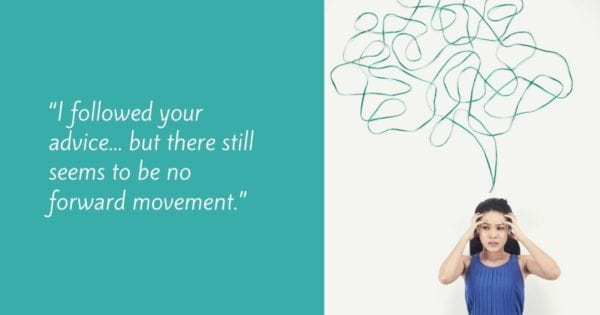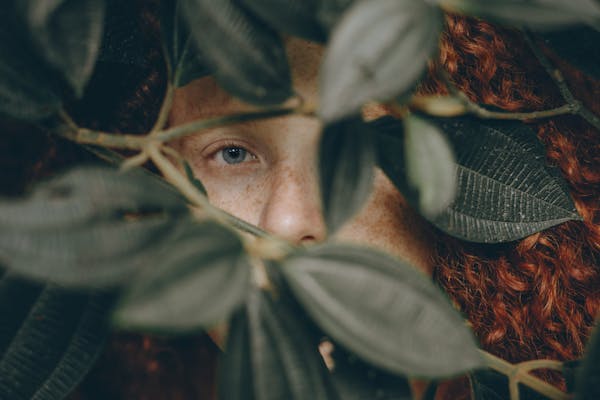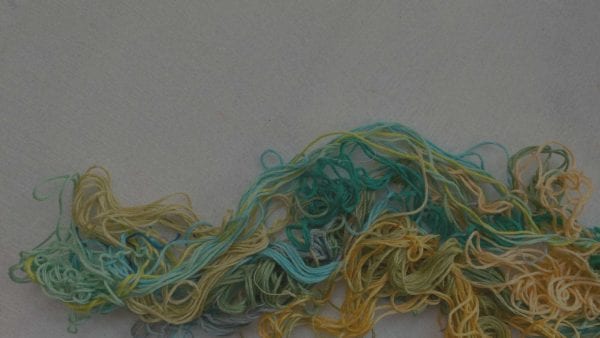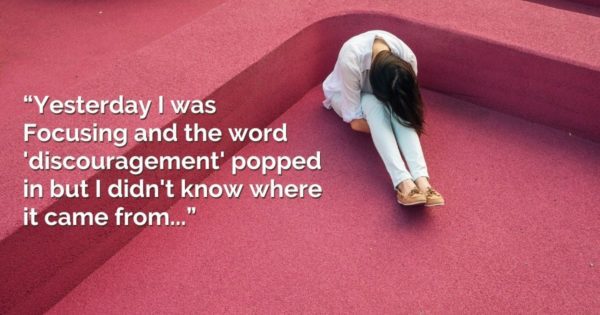“Is it necessary to be a very verbal person to do Focusing?”
A Reader writes:
I was trying to describe Focusing to a friend a while back, how you find a word etc that describes what you feel “down there,” and her response was that a person would have to be very verbal to be able to do Focusing. Is it necessary to be a very verbal person to do Focusing?
I generally find it hard to describe or explain what Focusing is. I’ve been wondering ever since, what I could have responded to her comment or how else I could have described Focusing. Is there a good way to explain what it is when there’s no space to really demonstrate it?
Dear Reader,
To your first question, No, it’s not necessary to be a very verbal person, or to have a fluent vocabulary, or to be comfortable with words, to do Focusing. Not at all.
Anyone can describe what they feel, if they take time. And the description doesn’t even have to be verbal! It can be a sound (“ug”), a gesture (a tightening fist), an image (a curled up mouse). So being able to do Focusing has no connection to being verbally fluent.
But your bigger question isn’t so easy to answer: How do we help another person get a sense for what Focusing is?
It is been my experience – and yours too, it sounds like – that telling people what we DO in Focusing is the least effective way to tell people about Focusing. Telling them: “We pause, we sense in the body, we describe what we feel…” etc. – just means nothing to them.
How it has helped me – and how it can help you.
Of course you are telling someone else about Focusing because Focusing has helped you. So perhaps the best way to tell them about it is to tell them how it helped. What was life like before Focusing, and what can you do and feel now that you couldn’t before.
The other thing to tell them about is how it can help them. So if people ask me what Focusing is, I give an answer that includes what it helps with. Like: “Focusing is a gentle process of inner sensing that helps shift those places where life feels stuck, that helps you get a calmer relationship with your emotions, that helps you have a balanced sense of your own self even in relationships.”
It’s even possible, depending on the person and the situation, to give a little demonstration, and even a few minutes could be enough for that. “You know how when you go into a room, like at work for example, you have a whole feel of how it is to be there? That’s called a felt sense… Do you have one right now, sitting here with me? Just feel your throat, chest, belly… Focusing is all about attending to those felt senses. They have potential to bring our lives to really new places.”







